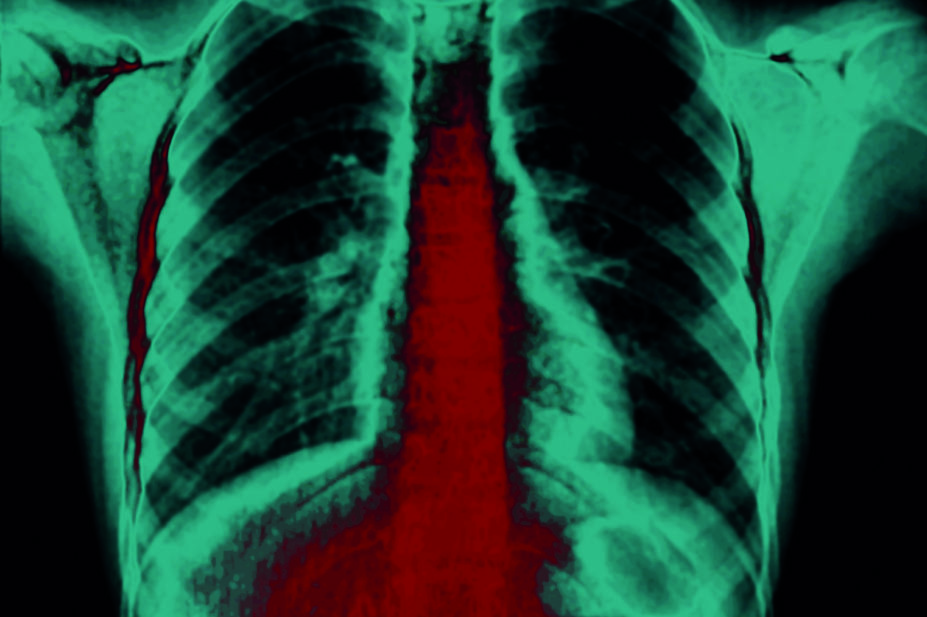
Shutterstock.com
Proton-pump inhibitors (PPIs) could be responsible for thousands of excess deaths every year, according to the authors of a recent study[1]
.
The research, published in the BMJ Open, found that people taking PPIs had a 25% increased risk of death compared with those taking H2-receptor antagonists, an alternative type of acid suppression therapy.
“People have the idea that PPIs are very safe because they are readily available, but there are real risks to taking these drugs, particularly for long periods of time,” said lead author Ziyad Al-Aly from the Washington University School of Medicine in St Louis, Missouri.
The researchers used data from the US Department of Veterans Affairs, including 349,312 people who began taking PPIs or H2 blockers and were followed up for a median of 5.7 years.
The team found that the risk of all-cause mortality increased among PPI users the longer they took them. For example, compared with those who received PPIs for less than a month, those who received them for up to three months had a 5% increased risk of death. But those who took the drugs for between a year and two years had a 50% increased risk of death.
The researchers say that PPIs are frequently used for indications and durations they have not been tested or approved for. They suggest that while their use should not be deterred where medically appropriate, they should be used more judiciously and for minimal durations.
“A lot of times, people get prescribed PPIs for a good medical reason but then doctors don’t stop it, and patients just keep getting refill after refill after refill,” said Al-Aly. “There needs to be periodic reassessments as to whether people need to be on these.”
Previous research has also linked use of the drugs to a number of adverse outcomes, including kidney disease, dementia and bone fractures.
References
[1] Xie Y, Bowe B, Li T et al. Risk of death among users of Proton Pump Inhibitors: a longitudinal observational cohort study of United States veterans. BMJ Open 2017;7:e015735. doi: 10.1136/bmjopen-2016-015735


